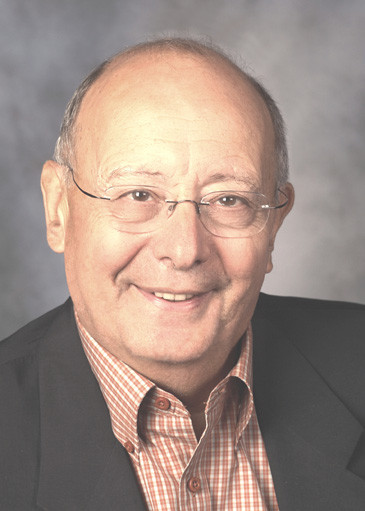Newt tries to nuke Romney with super PAC
The battle for the Republican presidential nomination has recently been marred by some unparalleled negative campaigning — and the primaries have only just begun.
In attempts to smear the frontrunners, the weaker candidates are trying to gain traction through negative campaign ads paid for by a handful of super-wealthy supporters.
In the current political landscape, it takes tens of millions of dollars just to be competitive in a presidential primary. So who picks up the tab for the tremendously expensive negative ads that have already cost millions of dollars in Iowa, New Hampshire and South Carolina?
Remember “Swift Boat”? In the summer of 2004, just months before the Bush-Kerry election, a group of Vietnam War — specifically Swift Boat — veterans joined forces to oppose Sen. John Kerry’s candidacy, saying he was unfit to be president because, they claimed, he distorted his Vietnam service record.
The Swift Boat Veterans for Truth produced several powerful television commercials highlighting Kerry’s record of military service. The ads sank his campaign. Kerry and his fellow Democrats cried foul, and filed complaints with the Federal Election Commission, claiming that SBVT, registered with the Internal Revenue Service as a 527 tax-exempt organization, violated federal law by coordinating with the Bush campaign and the Republican Party and its donors.
Kerry continued his legal fight well after he lost the election.
“Super PACs,” this election’s new spending vehicle, represent the interests of and are bankrolled by many unidentified wealthy individuals. One of them, the Restore Our Future PAC, spent over $3.2 million in Iowa on negative campaign ads, mainly aimed at Newt Gingrich.
The ads pointed out some of Gingrich’s “baggage,” notably the work he did on behalf of the federal mortgage company Freddie Mac. Gingrich was paid over $1.5 million to do consulting work on behalf of Freddie Mac, but never registered as a lobbyist. He claimed he never lobbied a member of Congress; rather, he said, he served as a “historian.”
Clearly, very few people believed him.

 51.0°,
Fog/Mist
51.0°,
Fog/Mist 




